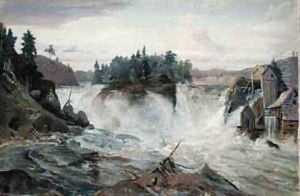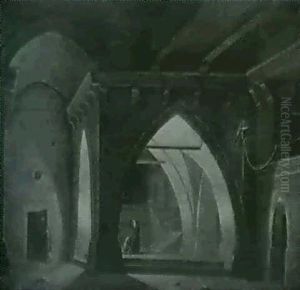Hermann Joseph Neefe Paintings
Hermann Joseph Neefe was a German composer, conductor, and music teacher born on February 5, 1748, in Bonn. He is best known today for his role as Ludwig van Beethoven's early music teacher and mentor.
Neefe began his musical career as an organist and was influenced by the Sturm und Drang (Storm and Stress) movement in German literature and music, which emphasized emotion and individual expression. He composed several operas, piano sonatas, and songs, though many of these works have not remained prominent in the classical repertoire.
In the early 1770s, Neefe joined the court chapel in Bonn as an assistant organist, where he eventually became court organist. During his tenure at the Bonn court, Neefe became a central figure in the city's musical life and an important member of the court's musical establishment. It was here that he met young Beethoven, who was a member of the court chapel as a violist and organist.
Neefe recognized Beethoven's extraordinary talent and took him under his wing, teaching him composition and keyboard playing. He introduced Beethoven to the works of Johann Sebastian Bach, including The Well-Tempered Clavier, which was instrumental in the development of Beethoven's compositional technique. Neefe also facilitated Beethoven's first published composition, a set of keyboard variations, and helped him secure a grant to study in Vienna with Joseph Haydn.
Neefe's influence on Beethoven was significant, and he was instrumental in laying the foundations for Beethoven's future career. Despite his own compositions being overshadowed by those of his illustrious pupil, Neefe's contribution to the development of classical music, particularly through his teaching, was considerable.
Neefe continued to work in Bonn until the late 1790s. He was deeply involved in the intellectual and cultural life of the city and was associated with the Enlightenment movement. His progressive political views were reflected in some of his opera texts and writings.
Hermann Joseph Neefe died on January 28, 1798, in Bonn. Although his compositions are not widely performed today, his legacy lives on through his influence on Beethoven and his role in shaping the musical environment of late 18th-century Germany.

